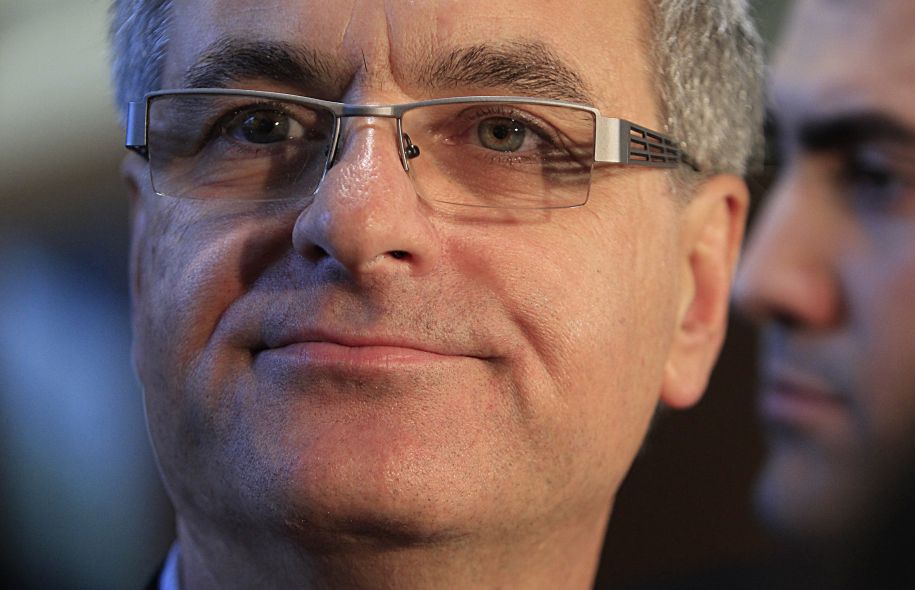
Canadian government should not reopen constitution
By Wyatt Schierman, November 28 2017 —
Jean-Marc Fournier, Quebec’s Minister of Canadian Relations and the Canadian Francophonie, recently came to the University of Calgary’s School of Public Policy to speak with students about his province’s relationship with the rest of Canada.
The end of his presentation was perplexing. He made many long-winded statements on the importance of improving relations between the provinces but provided little substance on actually achieving these aspirations. Justin Trudeau’s idea of “sunny ways” seems to have rubbed off on Fournier.
Perhaps the answers were in his government’s document, “Quebecers: Our Way of Being Canadian.” Fournier encouraged the students to read the document. I took his advice and did just that.
Unfortunately, much of the document was just harkening back to the days of the Meech Lake and Charlottetown Accords — proposed amendments to the Canadian constitution that would’ve strengthened provincal powers and named Quebec “a distinct society” to encourage the province to sign the constitution. Despite it being 30 years since the accords, Quebec nationalists are still pushing the same agenda. The same five stipulations from Meech Lake are still being demanded to gain Quebec’s signature on the constitution. They’re just conveniently tucked away throughout the document’s 192 pages.
While the separatist government of Quebec at the time did not formally sign onto the constitution, representation was nonetheless provided for the province. Of the four signatures on Constitution Act 1982, three are from Quebec. Seventy-two of the 75 Quebec MPs at the time supported repatriation.
And why wouldn’t they? All provincial governments, including Quebec, saw increases in their control over natural resources. The Charter of Rights and Freedoms was entrenched — much to the satisfaction of a majority of Quebecers — with Section 16 guaranteeing both French and English as official languages. CA 1982 was hardly a “humiliation” to la belle province, as the narrative goes.
Quebecers certainly weren’t betrayed in general. Between 1981 and 1987, separatist sentiment was remarkably low. It was only when former Prime Minister Brian Mulroney made the fateful mistake of attempting to reopen the constitution with the Meech Lake Accord that separatism came back up for discussion. As historian Michael Bliss wrote, this was equivalent to “pouring kerosene on the embers of separatism.”
Since that time, the government of Quebec has only increased its provincial powers. Fournier’s document admits as much. “The courts have repeatedly acknowledged Quebec’s uniqueness and have also confirmed the constitutional protection of Quebec’s three judges on the Supreme Court. The House of Commons has granted the Quebec nation political recognition,” it reads.
So when is enough going to be enough? For some in Quebec, the answer is never.
Trudeau has been correct in his refusal to consider any constitutional discussions, let alone renegotiations. To do so would be disregarding the lessons of history. If the constitution is to be renegotiated, let it be over issues like Senate reform or the role of the monarchy in Canada.
There is a false presumption that Ottawa must remedy the situation and cajole the government of Quebec into officially signing onto the constitution. Perhaps though, it’s the government of Quebec that is sorely in need of demonstrating leadership. If Quebec is truly concerned about reaffirming its relationship within Canada, it should willingly and proudly sign onto the constitution.
Articles published in the Gauntlet‘s opinion section do not necessarily reflect the views of the Gauntlet editorial board.
